Connect Classroom to Career
Embedding Career Development into Academic Programs for Student Success
Integrate Career Preparation into Academic Experiences Le Moyne College is a private Jesuit institution in Syracuse, New York, serving over […]
Solutions
Helping higher education create transformational change across campus.
See AllFor Universities
Admissions & Enrollment
Maximize enrollment by increasing yield & reducing melt
Experiential Learning
Scale High-Impact Practices for student success
PathwayU
Redefine how students pick majors & careers with PathwayU
Student Success
Increase retention & persistence to graduation
Career Services
Improve career readiness & career navigation
Industry Partners
Connect universities & corporations for project-based learning
Alumni & Advancement
Grow alumni engagement & the philanthropy pipeline
Success Stories
Read how schools leverage PeopleGrove in their communities.
See All Stories
University of Kansas
How University of Kansas scales career services to their 375,000 alumni
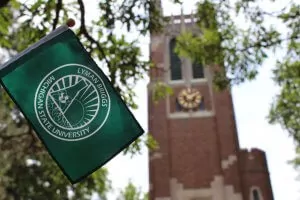
Michigan State University
How Michigan State ensures academic and career success for students
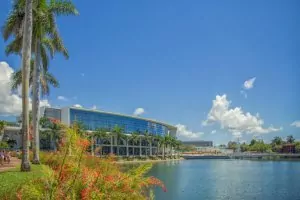
University of Miami
How the Toppel Career Center joined forces with alumni to provide career guidance to students
Resources
Explore blogs, webinars, whitepapers, and more resources to enhance how students and alumni connect.
See All ResourcesBlog
Read posts about how PeopleGrove meets higher education’s ever-changing needs at every turn.
Events
In-person or online, join PeopleGrove for unmatched experiences, conferences, webinars, and more.
Research Library
A collection of stories, events, research, and best practices to transform learners’ experiences.
Super Mentors Book
The ordinary person’s guide to asking extraordinary people for help.
Innovators Community
Learn from thought leaders and practitioners in both higher education and workforce development.
About
PeopleGrove is made for learners by learners. Everyone here makes it possible for students and alumni to succeed.
Learn MoreCareers
Be a part of the next big thing for learners everywhere and start making an impact. Join us today!
Contact
Want to get in touch? Have a question? We’d love to hear from you. Connect with us.
Connect Classroom to Career
Integrate Career Preparation into Academic Experiences Le Moyne College is a private Jesuit institution in Syracuse, New York, serving over […]
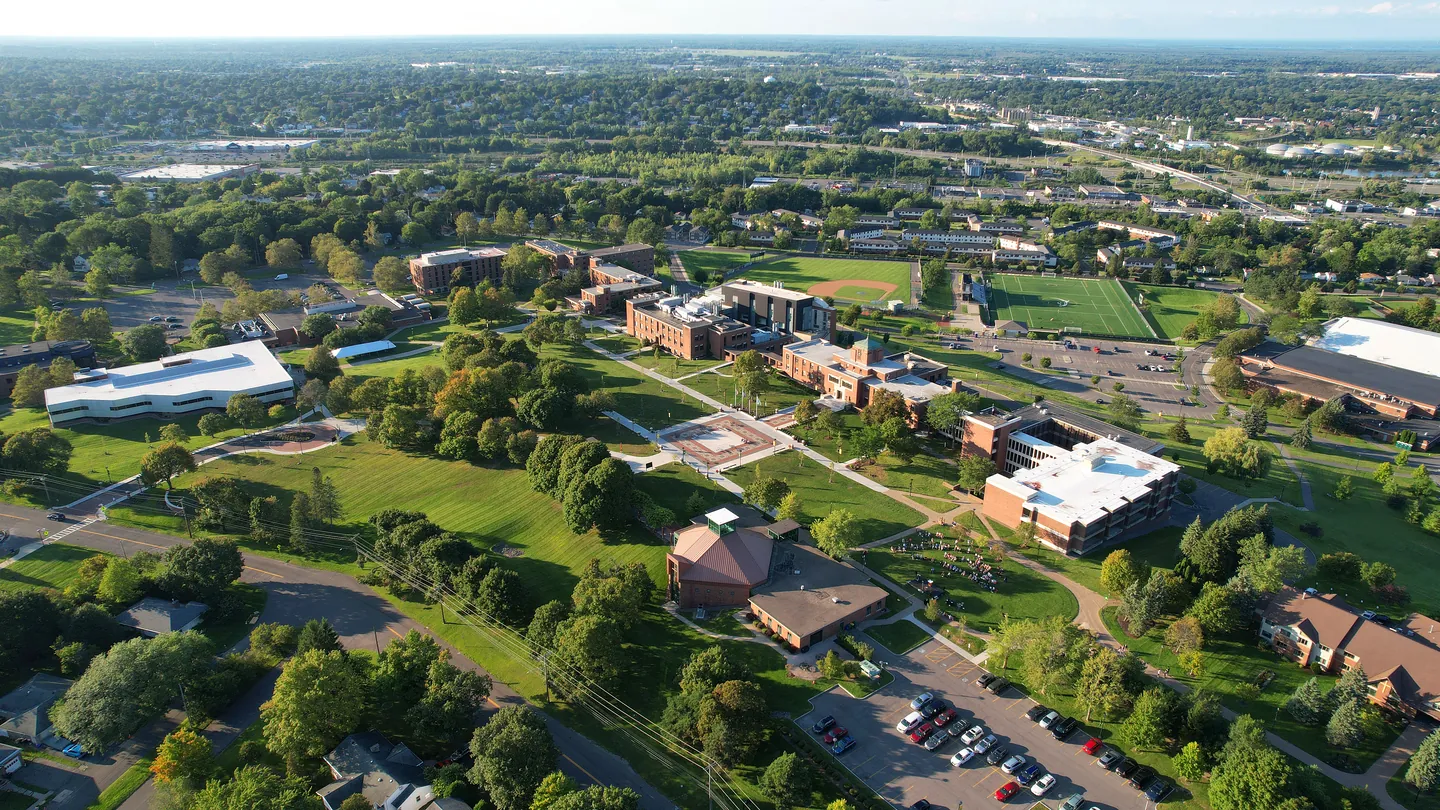
Integrate Career Preparation into Academic Experiences
Le Moyne College is a private Jesuit institution in Syracuse, New York, serving over 3,000 students with a strong emphasis on academic excellence and holistic student development. Supporting students in aligning their academic pursuits with purposeful career paths is a core focus for RJ Rapoza, Co-Director of the Manresa Program and Associate Director of Career Advising and Development. In a recent webinar for higher education leaders, Rapoza joined PeopleGrove’s VP of Campus Partnerships, Kathryn Roman and Bryce Kirchhausen, VP of Employer Partnerships, to share insights on embedding career development within academic programs, including innovative approaches Le Moyne has implemented to support students at every stage of their career journey.
The following is a summary of the presentation, which can alternatively be watched in full and on-demand here.
Higher education institutions are facing increasing pressure to justify the cost of attendance with tangible outcomes for students. As shared during the webinar, a recent study highlighted that nearly half of undergraduates report feeling uncertain about their job prospects, leading to higher levels of stress and anxiety. This underscores the importance of structured career development programs that can help alleviate these concerns and provide students with a clearer sense of purpose.
Our discussion was led by Kathryn Roman, VP of Campus Partnerships at PeopleGrove, who was joined by RJ Rapoza, Co-Director of the Manresa program and Associate Director of Career Advising and Development at Le Moyne College, and Bryce Kirchhausen, VP of Employer Partnerships at PeopleGrove. Here’s a summary of their insights:
Whether your institution is just beginning its journey or is looking to enhance existing career programs, here are some practical takeaways from the webinar:
RJ closed the webinar with a poignant reminder that career conversations should not be transactional but relational. Asking students reflective questions like “Why do you love this?” or “Who are you doing this for?” shifts the focus from just fulfilling requirements to understanding deeper motivations and aspirations. This approach prepares students for lifelong success and trains them to think about how they can build a meaningful career path.
As institutions continue to adapt to changing student expectations and industry demands, embedding career development into academic programs will remain a priority. The strategies shared in this webinar offer practical ways to initiate or enhance these efforts, ensuring students leave college not just with a degree, but with the confidence and preparation needed for their future careers.
For those interested in learning more about student success solutions, bringing equity to experiential learning or increasing project-based learning opportunities through PeopleGrove, we encourage you to reach out.
Thank you to all who joined the webinar, and we look forward to continuing the conversation about how we can collectively empower student success through innovative career development practices.
RJ’s recommendation for further learning: The Purposeful Graduate by Tim Clydesdale
The on-demand video version of this presentation from Le Moyne’s RJ Rapoza provides valuable insights for institutions looking to integrate career development into their academic programs and foster a culture of purpose-driven learning. His practical strategies and thoughtful approach offer guidance for those aiming to enhance student support, engagement, and long-term success across diverse student populations.
Browse more research and insights.

College to Career
Scaling Student-to-Alumni Engagement Scaling Engagement Across the Student-to-Alumni Lifecycle: Creating Meaningful Connections and Driving Philanthropic Impact IntroductionIn the evolving landscape […]
4 min read
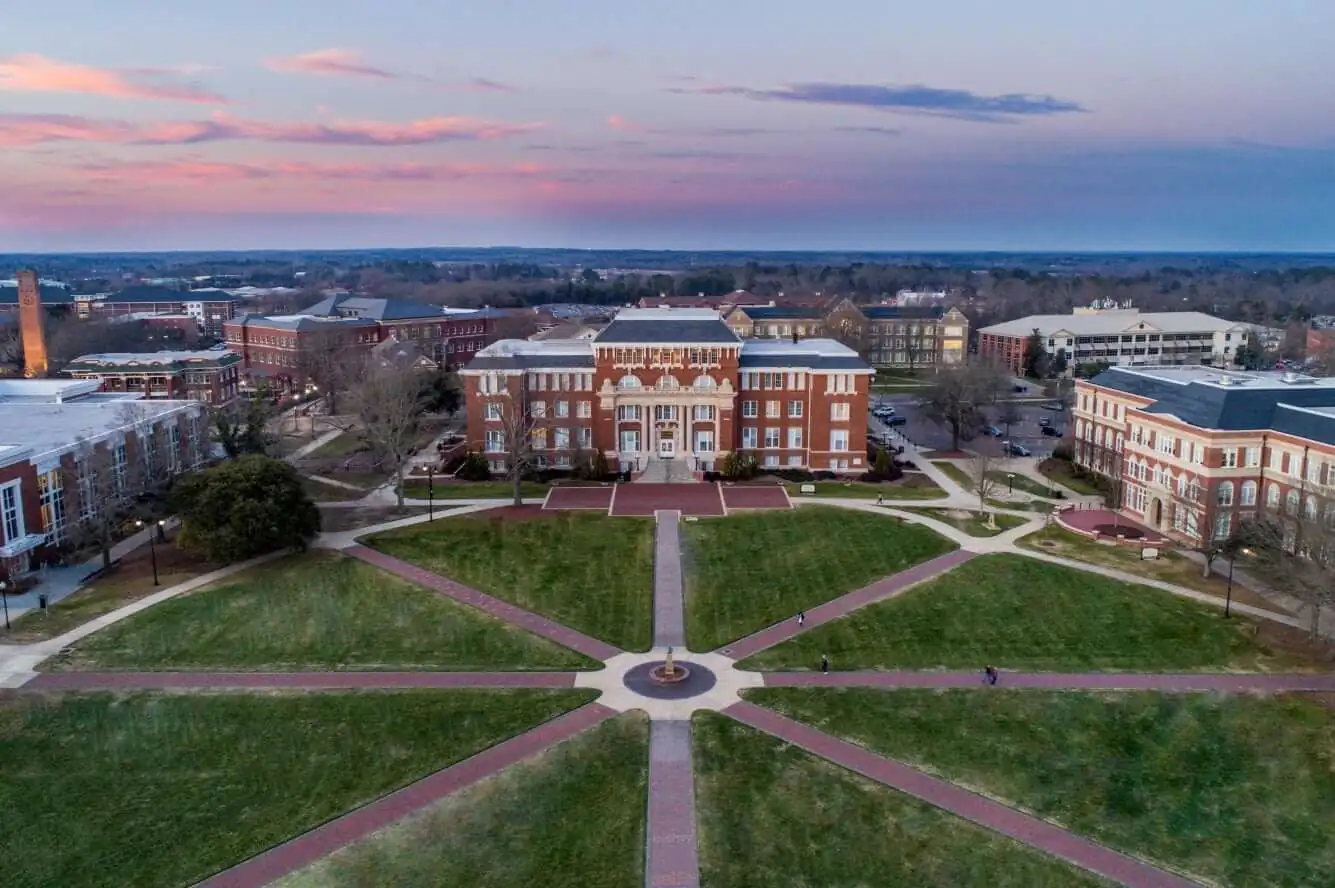
Networking & Mentorship
Scaling Mentorship Scaling Mentorship: Why Every Institution Should Invest in Formal Mentorship Programs Mentorship is more than a student support […]
5 min read
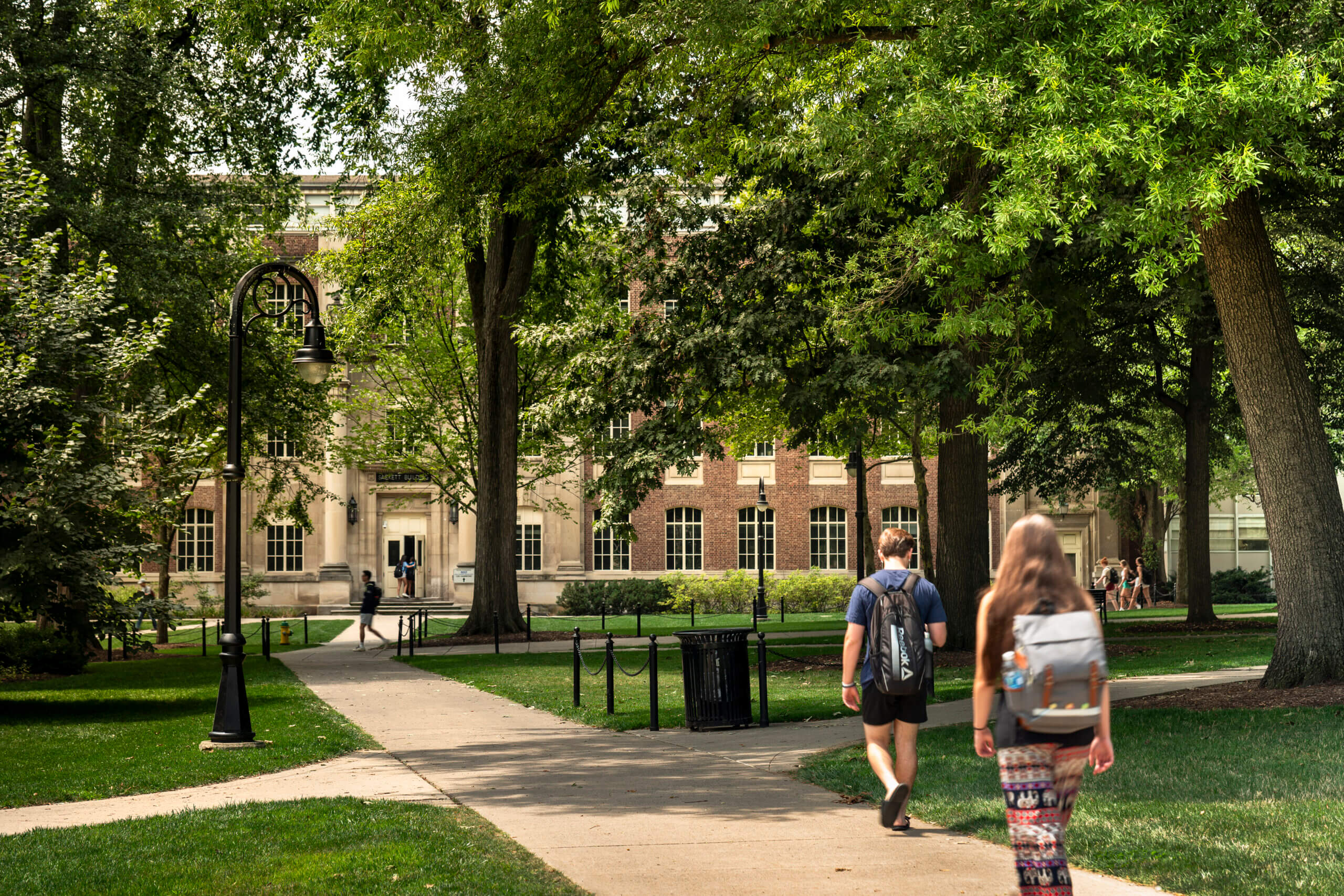
Alumni & Advancement
Harnessing Campus Partnerships and Data to Deepen Alumni Connections Georgia Tech, known for its robust alumni network of over 200,000 […]
3 min read